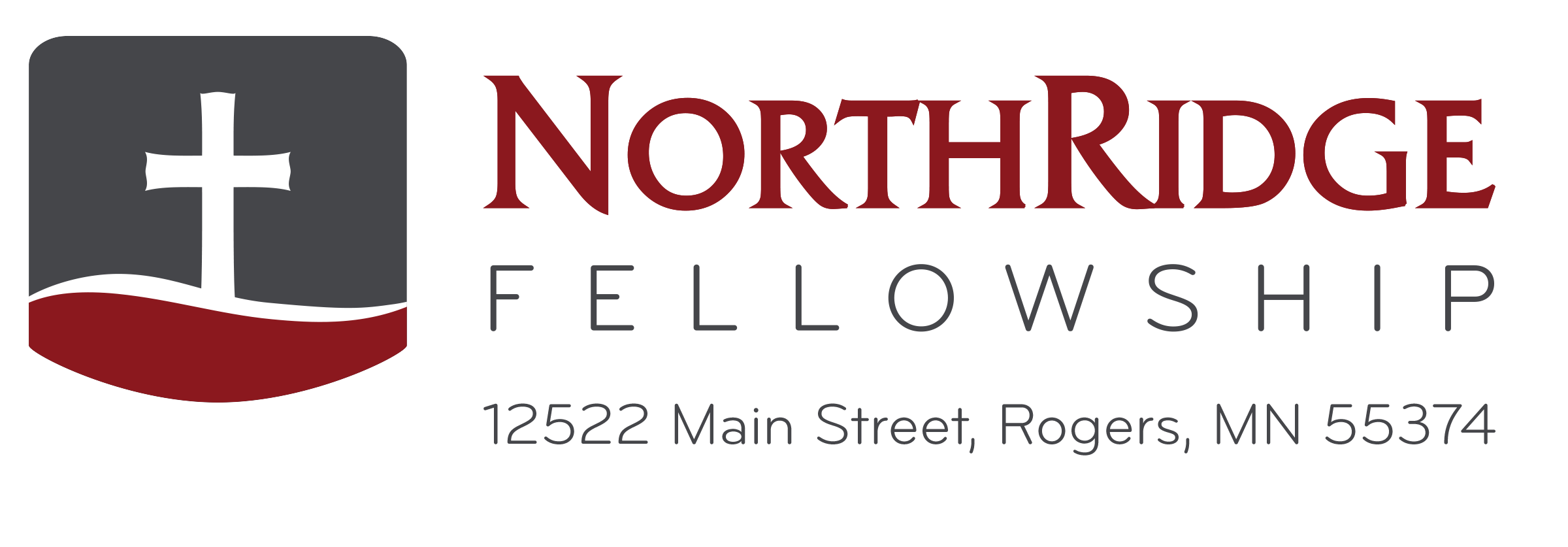
Judgement, No Worries, and The Fulness of God
by Brax Carvette
If you’ve ever wondered how much editing goes on in the creation of a sermon, let me tell you: there’s a lot. I find it to be true that, most of the time, there’s so much more that can be said about a passage than what I have time for on any given Wednesday or Sunday. Pastor Ben and I talked quite a bit about this week’s message on James 2:1–13. After around 40 minutes of bible-nerd talk, we both sighed and he asks me, “So how are you going to say all that in 30 minutes?” We laughed, because we both knew that I couldn’t, and, inevitably, some things just can’t make the final cut.
But there was one thing that I wished we had time for this Sunday and that was something that I read from Constable’s Notes regarding James 2, which was its strong ties to Matthew chapter 7.
Here’s what Constable points out:
| Matthew 7 | James 2 |
|---|---|
| 1–2 features Jesus giving a command, urging us not to judge | In verse 1, James tells us not to have judgmental favoritism |
| 3–5 "Illustration of removing one’s own faults so that one can help remove others’ faults” | 2–4 James tells us to remove our partiality (presumably so we can help people properly) |
| 6 Jesus has a strange warning about not giving “dogs” what is holy and not throwing our pearls to “pigs” | 5–7 James warns us not to despise the poor man by showing favoritism towards the rich |
| 7–11 Jesus encourages us to ask and believe that God will give us what we need | |
| 12 Jesus summarizes his whole sermon (up until this point) and the whole law as loving your neighbor as yourself | 8–11 James discusses the law and how loving our neighbor as ourselves is central to righteous living |
Constable will go on to discuss the rest of the chapter and its relationship to Matthew 7, but what I had seen was enough to blow my mind!
In fact, this changed how I viewed not only what James was doing but also how Jesus’ teaching was being applied and interpreted by the early Christians of the first-century. In Matthew 6, Jesus had spent a considerable portion of his sermon talking about money and worry. He tells his followers that you can’t serve God and money (Matthew 6:24) and to not worry about what we will eat or drink or wear (vv. 25–34). He tells us not to worry because we have a Father in heaven who owns all things and knows exactly what we need (v. 32).
Then, immediately after this, Jesus tells us not to judge others. Now, of course, his teaching on judgment has a wide application to so much of life, but James seems to see it as directly applying to what Jesus was just saying about money and worry. In other words, James might be seeing Jesus as saying, “You don’t need to worry about tomorrow, what’s coming, or whether or not you’re even going to have enough to eat or enough to wear. So don’t judge people by how much they have or don’t have and show favoritism to some because they have a lot and thereby reject those who have little.”
If we do show favoritism, it will look like we’re giving feral dogs what is holy and sacred. It’ll look like we’re giving what is most precious to wild hogs. Will these dogs and hogs thank us for our gifts? No. They’ll ruin them and turn to attack us!
Ask, seek, knock. When you ask, you receive. When you seek, you find. When you knock, the door will be opened to you, and you will find the fullness of God on the other side of that door.
So, we don’t need to judge people according to human standards (what they have or don’t have), because we don’t have to worry about getting what we need (since our Father will fulfill the deepest longings and needs of our hearts), and that will feel like freedom—and that freedom from judging and worry will free us up to love our neighbor as ourselves.
Let’s do it!

Brax Carvette, Youth Minister
Brax is the youth pastor at NorthRidge Fellowship and has been at NorthRidge since 2006. He and his wife, Jessica, have a son, two daughers and they live in Elk River, Minnesota.


Contact Us
If you have questions about an article you read on our blog, reach out to Brax Carvette, Blog Editor at braxc@nrf.life or call 763.270.6425.
Share our Blog on Facebook!










